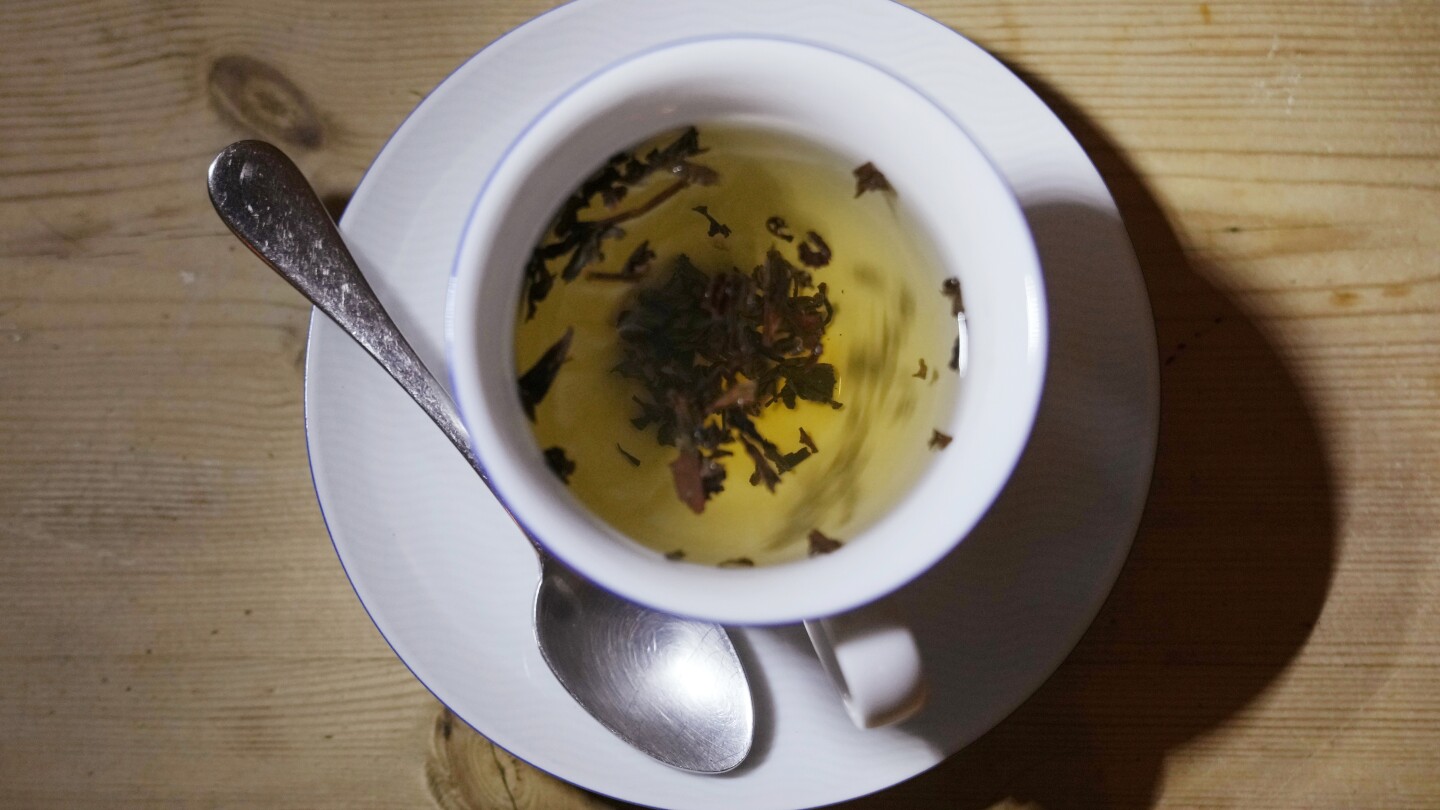- cross-posted to:
- unitedkingdom
- cross-posted to:
- unitedkingdom
An American scientist has sparked a trans-Atlantic tempest in a teapot by offering Britain advice on its favorite hot beverage.
Bryn Mawr College chemistry professor Michelle Francl says one of the keys to a perfect cup of tea is a pinch of salt. The tip is included in Francl’s book “Steeped: The Chemistry of Tea,” published Wednesday by the Royal Society of Chemistry.
Not since the Boston Tea Party has mixing tea with salt water roiled the Anglo-American relationship so much.
The salt suggestion drew howls of outrage from tea-lovers in Britain, where popular stereotype sees Americans as coffee-swilling boors who make tea, if at all, in the microwave.
…
The U.S. Embassy in London intervened in the brewing storm with a social media post reassuring “the good people of the U.K. that the unthinkable notion of adding salt to Britain’s national drink is not official United States policy.”



This is the best summary I could come up with:
LONDON (AP) — An American scientist has sparked a trans-Atlantic tempest in a teapot by offering Britain advice on its favorite hot beverage.
Bryn Mawr College chemistry professor Michelle Francl says one of the keys to a perfect cup of tea is a pinch of salt.
The salt suggestion drew howls of outrage from tea-lovers in Britain, where popular stereotype sees Americans as coffee-swilling boors who make tea, if at all, in the microwave.
The U.S. Embassy in London intervened in the brewing storm with a social media post reassuring “the good people of the U.K. that the unthinkable notion of adding salt to Britain’s national drink is not official United States policy.”
The product of three years’ research and experimentation, the book explores the more than 100 chemical compounds found in tea and “puts the chemistry to use with advice on how to brew a better cup,” its publisher says.
She also advocates making tea in a pre-warmed pot, agitating the bag briefly but vigorously and serving in a short, stout mug to preserve the heat.
The original article contains 398 words, the summary contains 177 words. Saved 56%. I’m a bot and I’m open source!